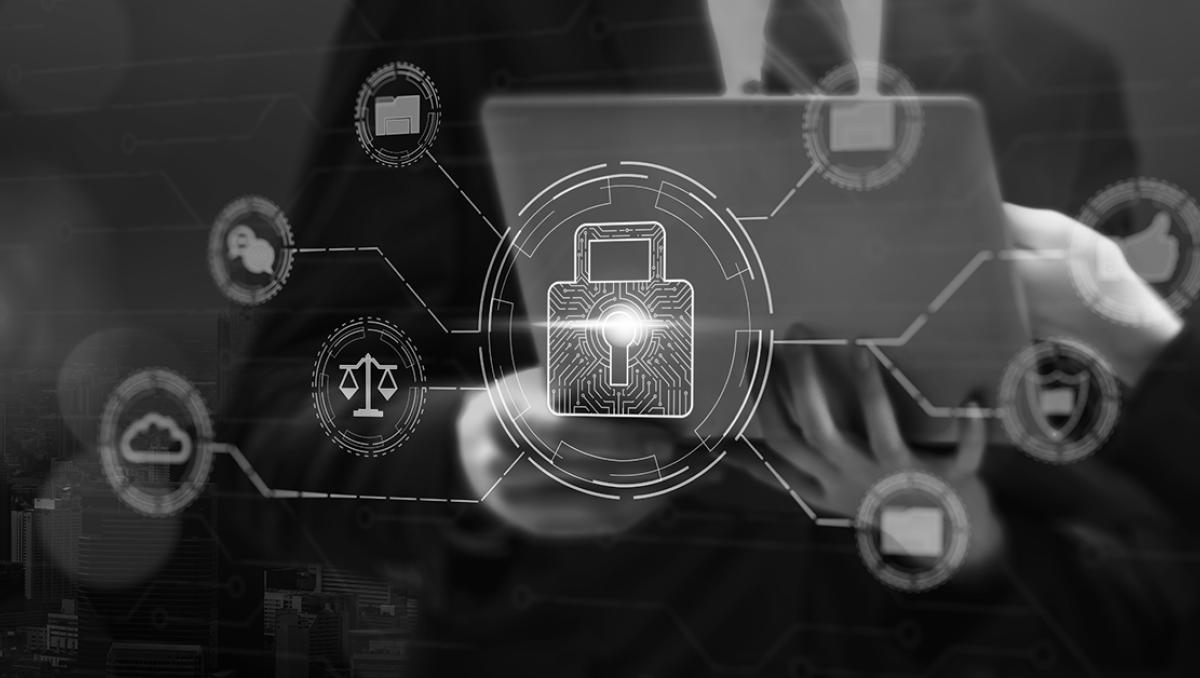- I recommend the Pixel 9 to most people looking to upgrade - especially while it's $250 off
- Google's viral research assistant just got its own app - here's how it can help you
- Sony will give you a free 55-inch 4K TV right now - but this is the last day to qualify
- I've used virtually every Linux distro, but this one has a fresh perspective
- The 7 gadgets I never travel without (and why they make such a big difference)
US Senators Push for Stronger Cybercrime and Computer Fraud Legislation

It’s been a pretty divisive few months in US politics. The Trump administration has made sweeping changes in almost all areas of policy, ranging from international relations to domestic regulations and everything in between. However, some areas of American politics aren’t so contentious; in fact, a few cybersecurity policies have received bipartisan support.
The Cyber Conspiracy Modernization Act, introduced by Senators Mike Rounds, R-S.D., and Kirsten Gillibrand, D-N.Y, aims to implement harsher punishments for cybercrimes by amending the US criminal code on computer fraud. In an America more divided than ever, the Act reflects the rapidly increasing importance of cybercrime for politicians on both sides of the aisle.
What is the Cyber Conspiracy Modernization Act?
The Cyber Conspiracy Modernization Act, as noted, aims to amend the Computer Fraud and Abuse Act (CFAA), which governs computer fraud and abuse. If passed, it would do this through three key provisions:
-
Expanding Criminal Liability: The bill adds “conspiracy” as an offense under Section 1030, meaning individuals who conspire to commit cybercrimes will face the same penalties as those who attempt or successfully carry out such crimes.
-
Revised Legal Language: The bill updates multiple subparagraphs in Section 1030(c) by explicitly including “conspiracy” alongside “attempt” whenever describing prohibited cyber activities.
-
Stronger Penalties: The bill criminalizes conspiring to commit cyber offenses, increasing the potential punishments for individuals planning cyberattacks, even if the attack is not executed.
The key change is that, under current law, the Department of Justice (DoJ) can only charge conspiracy to commit cybercrimes through a general statute unrelated to the CFAA, with a maximum penalty of five years in prison. Under the Cyber Conspiracy Modernization Act, the DoJ could issue charges under a technology-specific CFAA, with maximum penalties ranging from a decade to life in prison, depending on severity.
Ultimately, the bill would enhance the Department of Justice’s (DOJ’s) ability to prosecute cybercriminal networks, provide a stronger deterrent against cyber conspiracies, and align cybercrime penalties with the evolving digital landscape.
Why is the Cyber Conspiracy Modernization Act Important?
Cybercriminals are notoriously difficult to find and prosecute. Their location is remarkably easy to obfuscate, victims often fail to report cybercrime, and collecting evidence can be challenging.
The proposed Cyber Conspiracy Modernization Act aims to address this issue by, as noted, criminalizing the conspiracy to commit cybercrimes. This would allow for prosecution based on planning and intent rather than requiring the completion of an actual attack, potentially streamlining the process of bringing cybercriminals to justice.
“As cyber technologies continue to rapidly evolve, we need more people working to secure cyberspace as well as harsher penalties for those perpetrating these crimes,” said Senator Rounds, who chairs the Senate Armed Services Committee’s Subcommittee on Cybersecurity. “I am committed to working on policies that strengthen the United States’ ability to respond quickly and decisively to cyberattacks, which have been on the rise,” he continued.
Cyber and National Security
The Cyber Conspiracy Modernization Act comes at a similar time to several other significant cybersecurity legislation in the US, many of which Senator Rounds had a hand in.
These include the reintroduction of the Providing Individuals Various Opportunities for Technical Training to Build a Skills-Based Cyber Workforce Act of 2025 (PIVOTT Act), which offers a full-scholarship program for two-year degrees in exchange for a commitment to government service and the US Federal Contractor Cybersecurity Vulnerability Reduction Act of 2025, which mandates vulnerability disclosure policies (VDPs) for US federal contractors.
The common element of these initiatives is that they all frame cybersecurity measures as a matter of national security. This is particularly evident in comments from the bill’s sponsors. For example, when speaking of the PIVOTT Act, Congressman and Chairman of the Committee on Homeland Security said the following:
“America’s cyber adversaries are watching. With bipartisan agreement on the need to secure our networks and essential support from partners in academia and industry, we must build on the momentum of last Congress and get this to the president’s desk.”
These initiatives are both encouraging and somewhat concerning. It’s always good to see governments take cybersecurity seriously and recognize its impact on the wider economy. However, legislation such as this reflects an uncomfortable truth: international relations are fraught, and the digital sphere is likely to play a more significant role in global conflict.
How Fortra Can Help
Amidst the growing cyber threat, Fortra is your cybersecurity ally. Our mission is to help organizations increase security maturity while decreasing operational burden. Our vision is a stronger, simpler future for cybersecurity. We offer products and solutions, managed security services, and threat research and intelligence to help build a more secure future.
Fortra’s best-in-class portfolio is your go-to singular resource for cybersecurity. Want to find out more about what we can do for your organization? Contact us today.

